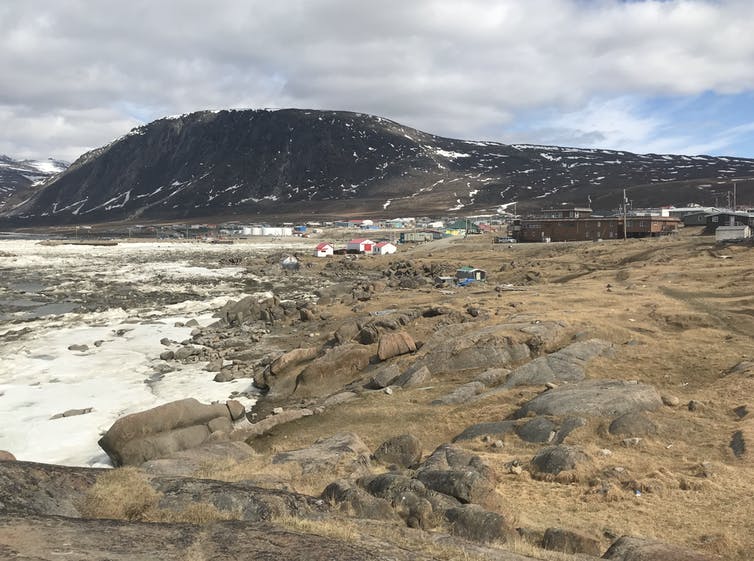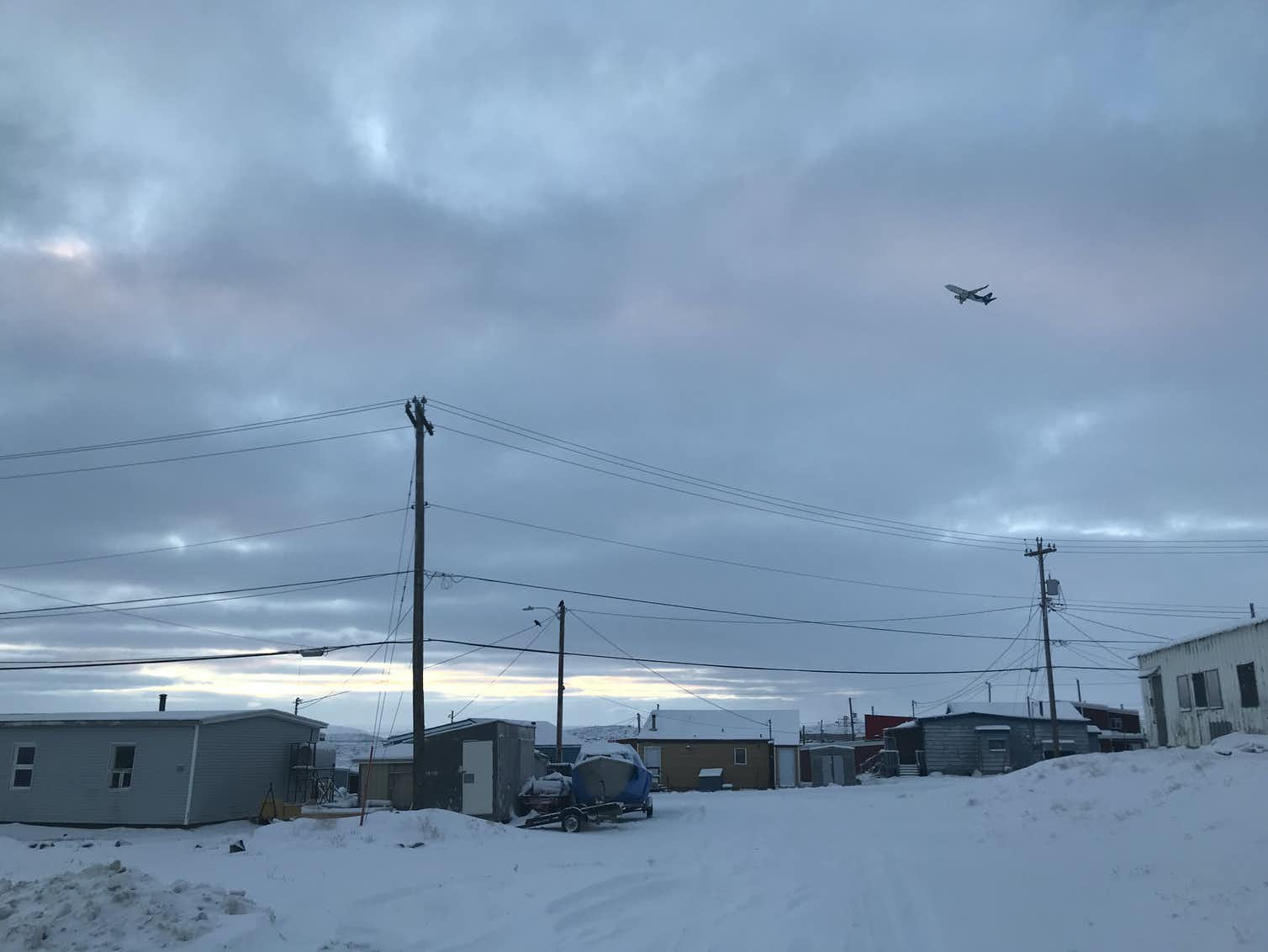Inuit cancer patients often face difficult decisions without support far from home
Inuit need to know that they are not alone on the health care journey.

Inuit are resilient. They have demonstrated self-determination and the ability to navigate and adapt to harsh and changing environments.
Inuit live in many locations, including urban environments, although most Inuit in Canada live in the traditional territory called Inuit Nunangat. Inuit who live in Inuit Nunangat must travel long distances south to receive specialized health care services, such as cancer care, obstetrics and dialysis.
They must navigate complex health systems in major urban centers, often with little or no personal support. These circumstances limit the opportunities of Inuit community members to participate in their health decisions.
When people have opportunities to participate with their health care providers and to share what is important to them in their health decisions, it is called shared decision making. Shared decision making is identified as a high standard of person-centered care, and supports positive health outcomes.
We are members of a team of Inuit and non-Inuit community service providers and academic health-care researchers who are working on a research project we call “Not Deciding Alone.”
Our focus is on enhancing opportunities for Inuit to participate in decisions about their health care through the shared decision making model. Our research approach applies the guiding principles of Inuit Qaujimajatuqangit, a system of knowledge and beliefs used to serve the common good through collaborative decision making. Inuit Qaujimajatuqangit are grounded in caring for and respecting others, and are the foundation for a strengths-based approach to promote Inuit self-determination and self-reliance.

Like many First Nations and Métis populations, Inuit face a high and worsening health burden in relation to others across Canada. Ineffective policies perpetuate these health and social inequities.
Research can help people (community members, health-care providers, policy and decision makers) to identify, understand and address health inequities, that is, differences in health that are unnecessary, avoidable and unjust. We aim to build evidence that Inuit can use to improve their experience in the health system.
Learning about the health care journey
We conducted a study to understand the experiences of Inuit who travel from remote to urban settings for cancer care. For participants in our study from the Qikiqtaaluk (Baffin) region, the journey to receive cancer care involves negotiating complex health systems and travelling thousands of kilometers from very remote geographic areas to large cities in Ontario.
Our study shows that the journey to receive health care consists of a series of connected events that we describe as a “decision chain.” Participants described themselves as directed, with little or no support, and as seeking opportunities to collaborate with others on the journey to receive health care.
There is a travel burden to access health care for people who live in the northern regions of Canada. For many Inuit, decisions about accessing health care also involve decisions about commuting or moving from remote communities to a major urban center in the south and leaving dependents, their home, employment and other community roles. The alternative is to opt out of treatment.
[Read more: An Inuit approach to cancer care promotes self-determination and reconciliation]
While all who live in remote areas of Canada are confronted with difficult decisions related to health care access, the decision making of Inuit (and other Indigenous people) is further complicated by factors related to health care. These factors include limited community health resources. For example, in some regions of Canada such as Nunavut, there is limited access or a lack of organized cancer screening programs.
As a result, people need to have an awareness of cancer symptoms and act as self-advocates. In addition, they must rely on a local health system that faces challenges of health care provider recruitment and retention, and high patient caseloads. Many Inuit must also access and navigate health care in their second language, another health care challenge and barrier to equitable access and uptake of health care.
Indigenous peoples’ history of negative experiences with the health care system also impact decisions to seek treatment. Inuit have painful memories about the removal of family members for tuberculosis treatment to hospitals and sanatoria located in unknown southern regions of Canada in the 1950s–60s. Inuit must also deal with the intergenerational trauma of residential schools.
Support on the health care journey
People who live in remote areas are identified as being at risk to experience stress because, to receive care, they must leave their family and community supports to travel to the location of care. Research with Indigenous populations who live in remote areas shows that health-care systems do not accommodate the context and logistic complexity of health-care access. Inuit have also been identified to be at increased risk of harms during their transition to urban centres.
The recommendations of the Missing and Murdered Indigenous Women and Girls Inquiry (MMIWG) call on governments to plan and fund safe, sufficient and readily available transportation in towns and cities with particular consideration of the limited transportation available, especially in fly-in, northern and remote locations.
There is an urgent need to improve opportunities for Inuit to participate in their health decisions. With leadership from Inuit partners, our team is learning how health care systems can better support collaboration among those who use, deliver and facilitate health care. Inuit need to know that they are not alone on the health care journey.
We thank the Not Deciding Alone Team for their support and role in the important work that contributed to this article.
Janet Jull, Assistant Professor, School of Rehabilitation Therapy, Queen’s University, Ontario; Inuit Medical Interpreter Team, Ottawa Health Services Network Inc.; Malaya Zehr, Research Manager, School of Rehabilitation Therapy, Queen’s University, Ontario, and Mamisarvik Healing Centre, Tungasuvvingat Inuit, Ottawa, Ontario
This article is republished from The Conversation under a Creative Commons license. Read the original article.